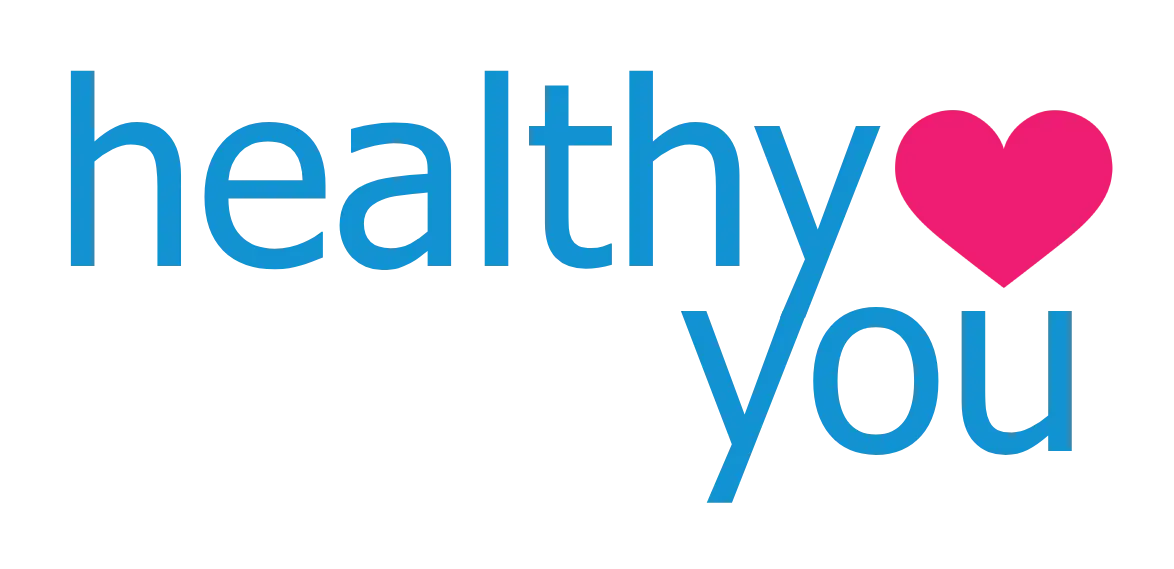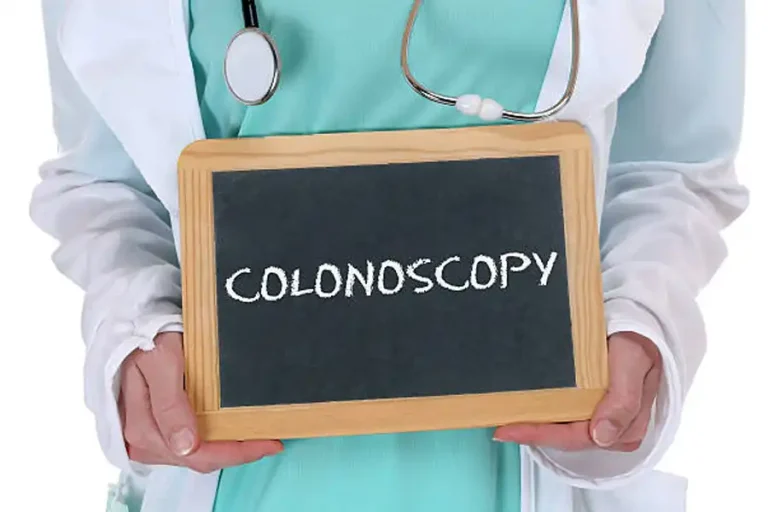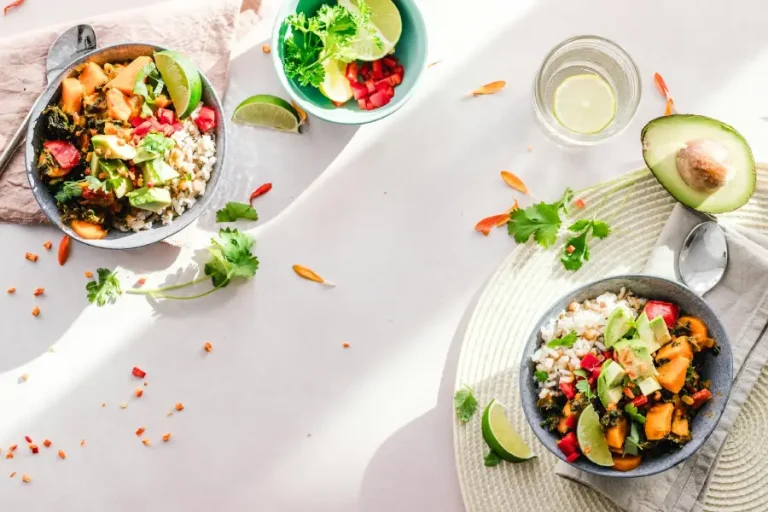Gallbladder removal surgery, or cholecystectomy, is a routine procedure often performed due to gallstones or other complications. While the gallbladder helps store and release bile for digesting fats, living without it doesn’t mean your body can’t process food. However, some people may notice digestive discomfort, such as bloating, diarrhea, or trouble digesting fatty foods.
Table of Contents
Adjusting your diet after surgery is key to a smooth recovery. Eating the right foods can help with digestion, promote healing, and prevent issues like bile reflux or nutrient absorption problems. A gradual, structured approach to reintroducing foods ensures your digestive system adapts comfortably.
This guide provides a comprehensive post-surgery diet plan, outlining recommended foods, meal strategies, and a downloadable 7-Day Post-Gallbladder Surgery Diet Menu with PDF for easy reference.
Phase 1: The First 24–48 Hours After Surgery
Immediately following surgery, your digestive system is highly sensitive and needs time to adjust. During this period, a clear liquid diet helps reduce discomfort and prevents nausea or bloating.
Best Foods to Eat
✔️ Clear broths (chicken, beef, or vegetable)
✔️ Apple juice (diluted if needed to reduce acidity)
✔️ Plain gelatin (lightly flavored, without added sugar)
✔️ Herbal teas (chamomile, peppermint, or ginger for soothing digestion)
✔️ Water (best at room temperature or slightly warm)
Foods & Drinks to Avoid
❌ Caffeinated drinks (coffee, black tea, energy drinks)
❌ Carbonated beverages (soda, sparkling water, fizzy juices)
❌ Sugary drinks (sweetened teas, fruit punches, high-fructose juices)
❌ Dairy products (milk, cream-based soups)
Tips for a Smooth Transition
✔️ Take small sips rather than drinking large amounts at once.
✔️ Gradually reintroduce mild, low-fat foods after 48 hours.
✔️ Watch for nausea, bloating, or discomfort before adding new foods.
Phase 2: Transitioning to Soft Foods (Days 3–7)
Once your digestive system starts adjusting, you can begin incorporating soft, low-fat foods that are gentle on digestion but provide essential nutrients.
Recommended Foods
✔️ Mashed potatoes (without butter or heavy cream)
✔️ Steamed vegetables (carrots, zucchini, squash, green beans)
✔️ Plain oatmeal (made with water or lactose-free milk)
✔️ Plain, unsweetened yogurt (low-fat or non-fat)
✔️ Skinless poultry (boiled, baked, or steamed chicken or turkey)
✔️ Easily digestible fruits (bananas, applesauce)
✔️ Plain toast or white rice (simple carbs for easy digestion)
Foods to Avoid
❌ High-fat foods (buttery dishes, creamy sauces, full-fat dairy)
❌ Spicy foods (hot sauces, chili, heavily seasoned meals)
❌ Fried foods (deep-fried snacks, potato chips)
❌ Red meat (harder to digest and high in fat)
❌ Caffeine & carbonated drinks (may cause bloating and discomfort)
Meal Guidelines
✔️ Eat small, frequent meals (5–6 times a day) instead of large portions.
✔️ Chew food thoroughly to help digestion.
✔️ Stay hydrated, but avoid drinking too much liquid during meals to prevent bloating.
Phase 3: Expanding the Diet (Weeks 2–4)
As your body continues to heal, you can start introducing more variety while keeping meals light and easy to digest. Focus on lean proteins, whole grains, and healthy fats in moderation to maintain balanced nutrition without overwhelming your digestive system.
Best Foods to Introduce
✔️ Lean proteins (baked or grilled fish like salmon or cod, skinless poultry, tofu, eggs)
✔️ Whole grains (brown rice, quinoa, whole wheat bread, whole-grain pasta)
✔️ Healthy fats in moderation (small portions of avocado, olive oil, nuts)
✔️ Low-fat dairy (skim milk, low-fat cheese, plain yogurt)
✔️ Fruits & vegetables (cooked spinach, carrots, peeled apples or pears)
Foods to Continue Avoiding
❌ Greasy or fried foods (burgers, fries, deep-fried snacks)
❌ Processed snacks (chips, pastries, foods with trans fats)
❌ Heavy cream-based dishes (Alfredo sauce, full-fat dairy)
❌ Excessive caffeine or carbonated drinks (may cause bloating or indigestion)
Hydration & Digestion Tips
✔️ Drink at least 8 glasses of water daily to prevent dehydration.
✔️ Increase fiber intake gradually to avoid constipation.
✔️ Introduce new foods slowly to see how your body reacts.
Long-Term Dietary Adjustments
After your recovery period, a low-fat, balanced diet helps maintain long-term digestive health. Most foods can be reintroduced, but some should remain limited.
Key Nutritional Guidelines
✔️ Lean proteins (chicken, fish, tofu, legumes, eggs)
✔️ Vegetables & fruits (fresh, steamed, or roasted for fiber and nutrients)
✔️ Whole grains (brown rice, quinoa, oats, whole wheat bread)
✔️ Healthy fats in small amounts (olive oil, nuts, seeds, avocado)
Foods to Avoid or Limit
❌ High-fat meats (sausages, bacon, fatty beef, lamb)
❌ Fried foods (deep-fried snacks, fast food)
❌ Creamy sauces & dressings (mayo-based dressings, Alfredo sauce)
❌ Full-fat dairy (whole milk, butter, cheese, ice cream)
Dining Out Tips
✔️ Choose grilled, baked, or steamed meals instead of fried or creamy options.
✔️ Request sauces and dressings on the side to control portions.
✔️ Opt for broth-based soups instead of creamy ones.
✔️ Be mindful of portion sizes to avoid overeating fatty foods.
Managing Common Post-Surgery Symptoms
✅ Diarrhea: Eat soluble fiber (bananas, oatmeal) & avoid caffeine or greasy foods.
✅ Bloating & Gas: Avoid gas-producing foods (beans, broccoli, carbonated drinks).
✅ Acid Reflux: Eat smaller meals & avoid spicy or acidic foods.
✅ Nausea: Stick to simple meals and eat slowly.
Sample 7-Day Post-Gallbladder Surgery Diet Menu (PDF)
Below is a structured 7-day meal plan designed to support digestion and recovery after gallbladder surgery. The focus is on low-fat, high-fiber meals that are gentle on the digestive system while providing essential nutrients.
Frequently Asked Questions (FAQs)
1. How long should I follow this diet?
Most people follow a modified diet for at least 4 to 6 weeks after surgery. After that, you can start reintroducing foods gradually, based on how well your body tolerates them.
2. Can I eat fatty foods again?
Yes, but in moderation. Over time, your body may adjust to digesting fats more efficiently. It’s best to focus on healthy fats like olive oil, avocado, and nuts while avoiding greasy, fried foods.
3. What if I still have digestive issues after several weeks?
If symptoms like diarrhea, bloating, or indigestion persist beyond a few weeks, consult your doctor. Some people may need dietary adjustments or medications to help regulate bile flow.
4. When can I return to my normal diet?
This varies for everyone. Some people tolerate most foods within a month, while others take longer. Start with low-fat, mild foods and gradually reintroduce other items while monitoring your body’s response.
5. Can I drink alcohol after gallbladder removal?
It’s best to avoid alcohol for at least a few weeks post-surgery, as it can irritate your digestive system and cause discomfort.
6. Is dairy safe to eat?
Some people develop temporary lactose intolerance after surgery. If dairy causes bloating or diarrhea, try lactose-free alternatives like almond milk, oat milk, or lactose-free yogurt.
7. Will I gain or lose weight after surgery?
Some people experience temporary weight loss due to dietary changes. However, maintaining a balanced diet and portion control will help regulate weight over time.
8. Can I take supplements?
Yes, but always check with your doctor first. Some people benefit from digestive enzymes, probiotics, or fiber supplements to support digestion.
9. How can I prevent constipation?
✔️ Drink plenty of water.
✔️ Eat fiber-rich foods like oatmeal, fruits, and vegetables.
✔️ Stay physically active to help with digestion.
10. Why do I feel nauseous after eating?
Your digestive system is adjusting to bile flowing directly into your intestines. Try eating smaller meals and avoiding fatty or spicy foods.
11. When can I start eating spicy foods again?
Spicy foods can irritate the digestive system, so it’s best to wait at least a month before reintroducing them gradually.
12. Do I need to avoid caffeine permanently?
Not necessarily. Some people tolerate coffee and tea just fine, while others find that caffeine worsens diarrhea or acid reflux. Try small amounts to see how your body reacts.
13. Can I eat fast food?
Fast food is usually high in fat and grease, which can cause discomfort. If you do eat out, choose grilled options, avoid heavy sauces, and watch portion sizes.
Final Thoughts
A mindful, gradual transition to a balanced diet after gallbladder surgery can help prevent digestive discomfort and promote long-term health. Download the 7-day meal plan PDF for easy meal ideas.
If you experience persistent symptoms, consult a healthcare professional for personalized advice.







